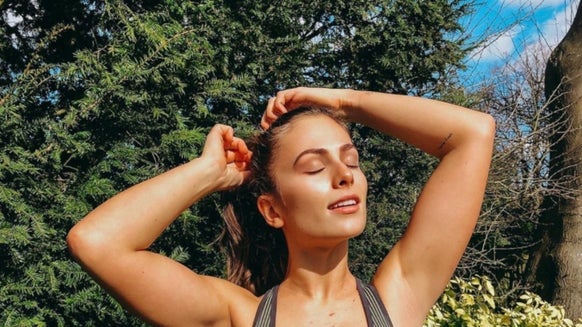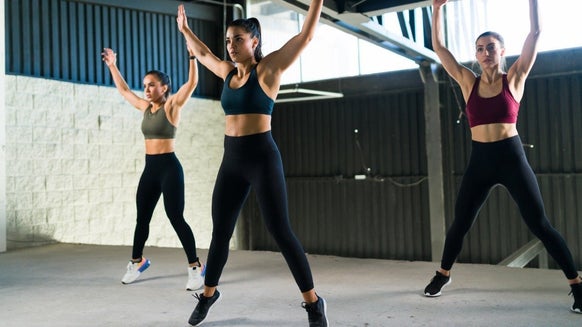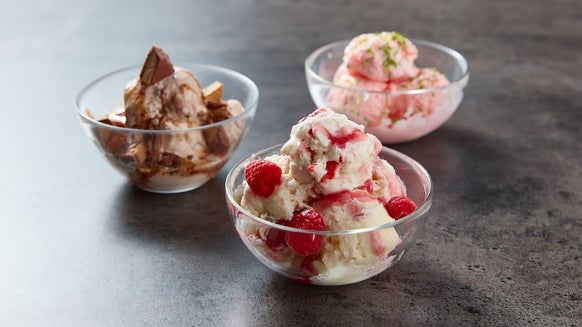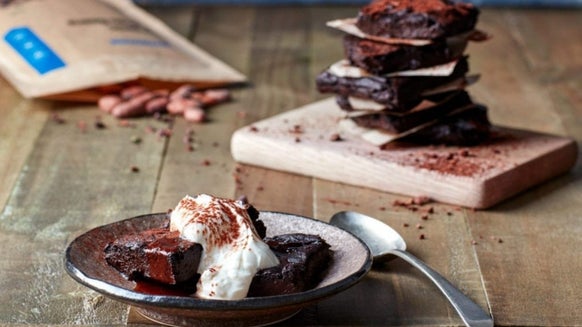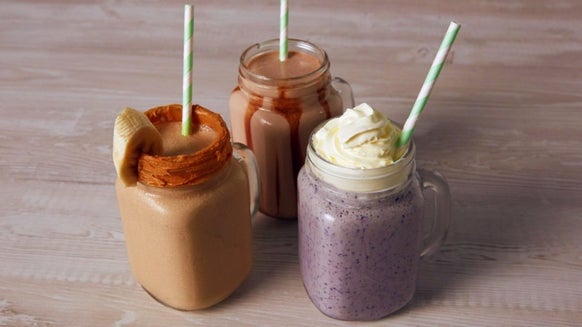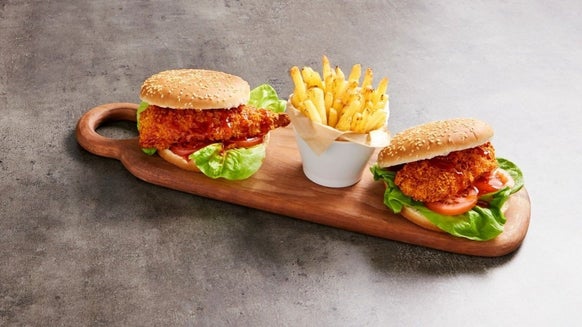Is Vegan Collagen As Good As Animal Collagen?

Collagen is a popular supplement that provides small proteins that can support skin, gut, and joint health, among other benefits. While fish or bovine (beef) collagen is the most common type you’ll find on the market, vegan collagen options have now become available as well.
Because collagen is a protein made by the body, boosting your intake used to mean getting it from other animal sources. But now
- What is collagen?
- What does it do?
- What is collagen from animals made from?
- How is vegan collagen made?
- What are the benefits of collagen?
- Is there a difference between vegan and animal collagen?
- Is vegan collagen as good?

What is collagen?
Collagen is a protein that is present in our skin, bones, hair, nails, and joints. Our body makes its own and it is common in animals like fish and cows, making them the natural source for collagen supplements.
Because our collagen supply decreases overtime, people use collagen supplements to boost their levels and try to slow this component of the aging process.
What does it do?
Collagen is a structural protein that keeps our bodies strong and durable. It keeps our skin elastic, our joints mobile, and our bones strong.
While it is not absorbed into the muscles like whey or other protein powders, it can signal our bodies to create more collagen, and strengthen our muscles in this way.1 It is used in medical applications to support skin, joint, and eye health, as well as a supplement for performance.
What is collagen from animals made from?
Bovine and marine collagen is derived from boiling cow or fish bones and other animal by-products.
While the resulting powders or liquid supplements are often tasteless and odourless, the production of animal-based collagen may not align with the preferences of those who follow vegetarian diets - and definitely not vegan diets.
How is vegan collagen made?
Vegan collagen is actually made in a laboratory - scientists can manipulate both yeast and bacteria to express genes that create the building blocks collagen proteins without using any animal products.3
They are able to manipulate the proteins to exactly mimic the structure of human collagen.
What are the benefits of collagen?
Taking a collagen supplement tricks the body into making more of its own collagen supply. When there is free collagen in our system (from ingesting it in supplement form), the body believes its own supply is breaking down - and boosts natural collagen production.
The potential benefits of collagen include skin health (improved moisture and elasticity), joint health, bone health, and improved growth of hair and nails.1
Collagen also supports the action of creatine in our muscles, which boosts recovery between workouts and supports muscle growth.2
Is there a difference between vegan and animal collagen?
While animal collagens typically come from the same consistent sources, there are several different types of bacteria and yeasts involved in creating vegan collagen.
One study mentions that
Is vegan collagen as good?
Because the resulting structure of vegan collagen is identical to that of human collagen, it should be just as effective as other animal-based supplements. This is an ever-evolving science and will be interesting to follow as more advancements are made in this area.
Take Home Message
Athletes who follow a plant-based diet may have avoided collagen supplements because of their production source, but now there is a sustainable vegan alternative to collagen sourced from fish or cows.
READ THESE NEXT:

Claire is a Registered Dietitian through the Academy of Nutrition and Dietetics and a board-certified Health and Wellness Coach through the International Consortium for Health and Wellness Coaching. She has a Bachelor of Science in Biology and a Master’s degree in Clinical Dietetics and Nutrition from the University of Pittsburgh.
Talking and writing about food and fitness is at the heart of Claire’s ethos as she loves to use her experience to help others meet their health and wellness goals.
Claire is also a certified indoor cycling instructor and loves the mental and physical boost she gets from regular runs and yoga classes. When she’s not keeping fit herself, she’s cheering on her hometown’s sports teams in Pittsburgh, or cooking for her family in the kitchen.
Find out more about Claire’s experience here.


